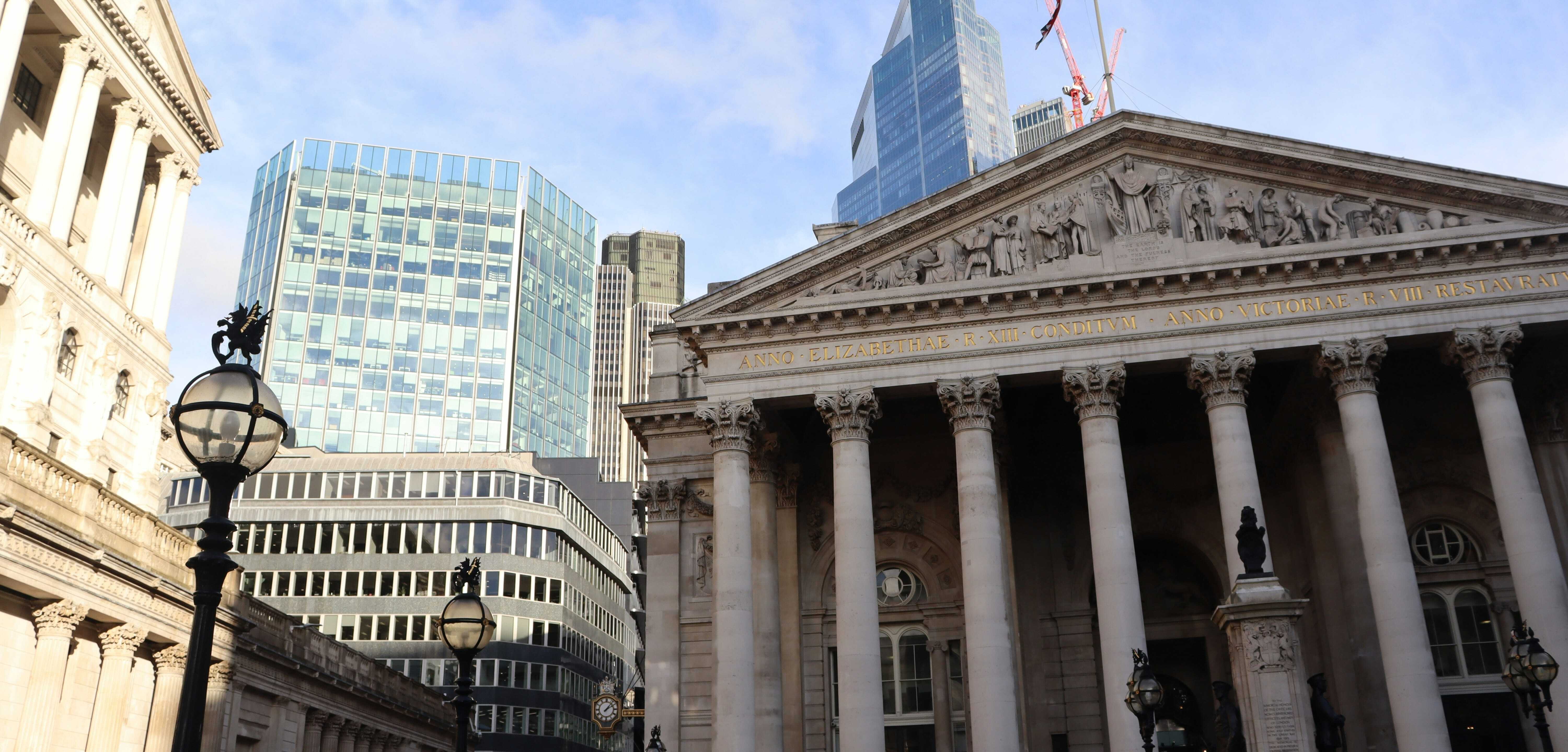
When Chancellor Rishi Sunak first announced the stamp-duty holiday in June 2020, it created a ripple effect across the housing market that is still being felt today.
Stamp duty is the tax paid on property purchases. In a bid to keep the housing market from crashing in the wake of Covid-19, Sunak changed the rules so that buyers didn’t have to pay stamp duty on the first £500,000 of their purchase price (as opposed to the first £125,000).
This took millions of people out of the tax threshold and with a sizable saving to make, encouraging many to move homes. With buyers flooding the market and demand outstripping supply, prices shot up – increasing at a reported 13% in the twelve months leading to June.
Of course, like any holiday, it was not meant to last forever. As of 1 July, stamp duty became payable above £250,000 and from 1 October, the rate will go back to normal – kicking in from the much lower figure of £125,000 again.
As with any major market shift, the stamp duty holiday had an impact on the investor community, with many buy-to-let investors choosing to wait until house prices come back down before investing. So what will happen now and what should people who are interested in buy-to-let investments do now?
What happens next?
The current rate of growth is expected to slow. This doesn’t necessarily mean a downturn. While some do fear it, market analysts certainly don’t expect prices to suddenly drop off. Rather than recent pricing increases of well over 10% a year, we should expect growth to fall back to a more usual rate of 3-4%. This reversion is a positive trend, and should make market conditions more stable over the long run.
So what does this mean for investors?
Market analysts generally think three things should happen.
First, while there has been a huge amount of buying activity in the past year, the majority has been among those buying homes to live in. With many buy-to-let investors having taken their foot off the accelerator during the past year, we should see more activity in the investor market as the stamp holiday season ends.
Decreased buying demand opens up opportunities for negotiations and getting a better deal again. So whether that’s with sellers bringing prices down or developers giving away slightly bigger discount margins – we are probably heading into a more favourable market for buy-to-let.
Secondly we might also start to see improvements on the supply/demand balance. Between Covid-19 and Brexit, some developers have been cautious about bringing their developments to market. However, going forward, when Brexit terms are more certain, the UK emerges from the pandemic, and housing prices stabilize, we should also see developers become more active.
Finally there is also an expectation that mortgage lenders will become more competitive. As demand from people buying family homes tails off, banks and other mortgage lenders will try to attract different sectors of the market which can create better offers.
Who is buying?
Beyond the investor community, we also expect to see an uplift in first-time buyers coming into the market. The stamp duty holiday largely benefited those already with established family homes. As price increases start to slow again, it should open up a market for first-time buyers again, many of whom won’t be impacted by changes to stamp-duty.
So what should you do if you’re considering investing in buy-to-let now?
For would-be investors, we believe now is a good time to start the process. The marketplace will likely be at its quietest at the start of October and so that may be a good time for you to consider an investment in this space.
Structuring your property investment
GetGround can make achieving tax-efficient investing much simpler by setting up your property limited company. GG Company means you can design a limited company in under half an hour and we handle all the admin that comes with it — giving you a hassle-free way to increase the returns on your investment, reduce your personal risk, and co-invest easily with family and friends.
GetGround
GetGround
Discover our recent property investing articles:
The Impact of Interest Rate Drops on UK Property Investors
On February 6th, 2025, the Bank of England announced a reduction in its base interest rate from 4.75% to 4.50%. Although an expected announcement, ...
Best Investment Property Locations in 2025: UK Regional Hotspots
The UK property market is becoming increasingly regionalised, with significant differences in growth potential, rental yields, and demand across the ...
How Economic Factors Can Impact UK Landlords
Even with the recent volatility of the UK economic market, the UK property market has remained resilient with homeowners and property investors still ...


